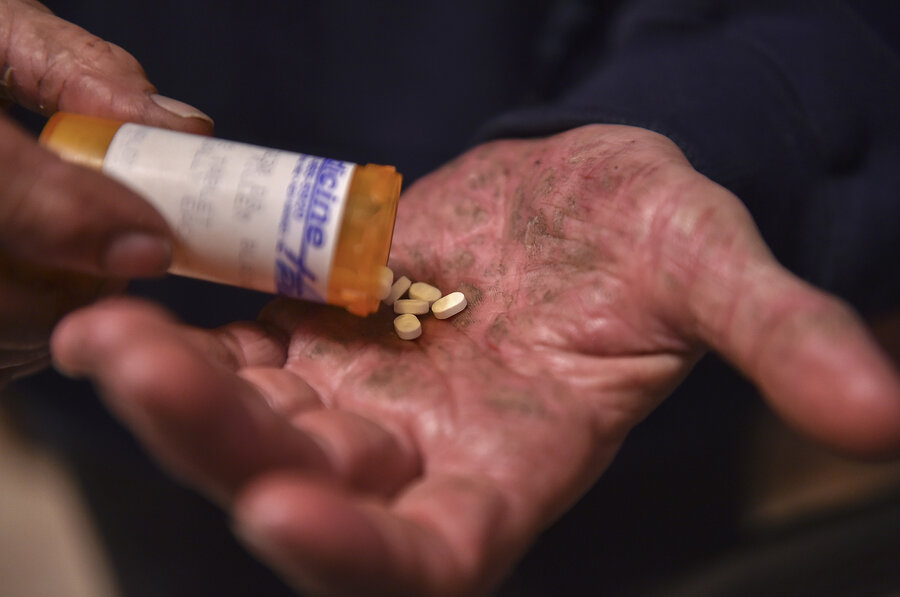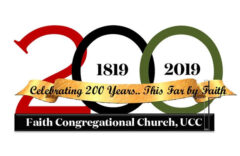OPIOID ADDICTION: 5 THINGS EVERYONE SHOULD KNOW

Like many people who are prescribed opioid medication for pain management by their physician, they can begin their journey taking their medication as directed. Over time, their utilization of their medication increases. They begin to look forward to taking their medication and need refills earlier than they are supposed to get them. Then life begins to fall apart.
What I did not know on the day that I heard my father state his drug history aloud, but now understand, is that opioid addiction is a disease like any other chronic disease.
In 2013 an estimated 2.4 million people were dependent on opioids, according to the Substance Abuse and Mental Health Services Administration (SAMHSA). Drug overdose is now the leading cause of death for Americans under the age of 50, surpassing car accidents. In Ohio, at least 4,100 died last year- a 36% increase from 2015 when the state led the nation in overdose deaths. West Virginia and Kentucky are not far behind and have seen a significant increase in overdose deaths. Read more here.
HELP For Opioid Addiction (from 211 CT)
The Connecticut Department of Mental Health and Addiction Services (DMHAS) has a wide array of addiction related resources to assist residents of Connecticut, family members, and social service providers dealing with this issue:
- Statewide toll-free number connecting residents seeking treatment and services to local walk-in assessment centers. Residents can call 1-800-563-4086, 24 hours a day, to connect them or a loved one to an assessment center in their area, or visit the website for a location: http://www.ct.gov/dmhas/walkins
- Opioid Overdose Prevention/Naloxone (Narcan) Initiative: Naloxone (narcan) is the antidote to an opioid overdose. Pharmacists who have been trained and certified are now able to prescribe and dispense naloxone/narcan to individuals from a pharmacy. A list of Naloxone Prescribing Pharmacists in Connecticut is available by clicking this link. In addition to certified pharmacists, Connecticut law allows other prescribers, including physicians, surgeons, Physician Assistants (PAs), Advanced Practice Registered Nurses (APRNs), and Dentists to prescribe, dispense and/or administer the medication.
- Note: A Voluntary Recall Notice was announced on a commonly used medical device used to deliver overdose reversal medicine, Naloxone (Narcan), see the Connecticut Department of Public Health notice: http://www.ct.gov/dph/cwp/view.asp?A=4820&Q=587392 , and some Frequently Asked Questions (FAQs) about the recall: http://www.ct.gov/dph/lib/dph/communications/faqs_related_to_naloxone_and_mad_300_recall_final.pdf
- Medication Assisted Treatment Options: Which includes Methadone Clinics, Facts about Buprenorphine, Pain Management and Addiction Resources, and much more: http://www.ct.gov/dmhas/cwp/view.asp?a=2902&q=335224
- Advocacy and Support Services: Links to Connecticut Regional Mental Health Boards and other supports, http://www.ct.gov/dmhas/cwp/view.asp?a=2908&q=334692
- Tools and Strategies for Health Care Providers Treating Clients with Chronic Pain and Reducing Opioid Use: Sign up for free, PainNet
National Resources for Treating Abuse and Addiction
- Centers for Disease Control and Prevention, Injury Prevention & Control: Prescription Drug Overdose: https://www.cdc.gov/drugoverdose/
- SAMHSA Opioid Overdose Prevention Toolkit: http://store.samhsa.gov/product/Opioid-Overdose-Prevention-Toolkit-Updated-2016/SMA16-4742
For additional resources found in the Connecticut 2-1-1 Community Resources Database:
- Inpatient Drug Detoxification
- Outpatient Drug Detoxification
- Central Intake/Assessment for Substance Abuse
- Methadone Maintenance for Heroin Dependent Individuals
- General Assessment for Substance Use Disorders
- General Assessment for Substance Use Disorders * Opiate Use Disorder
- Drug Dependency Support Groups
- Needle Exchange/Distribution Programs
![]()
